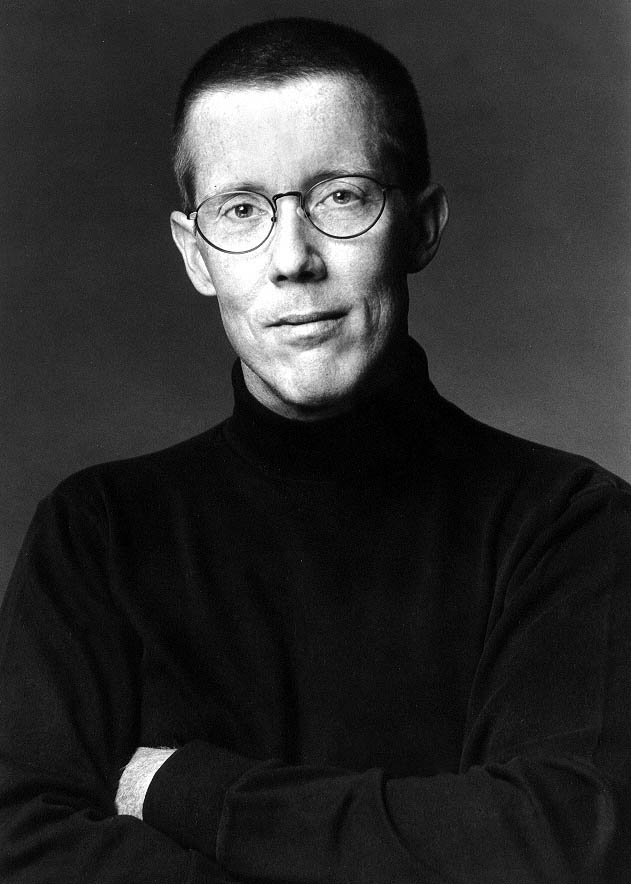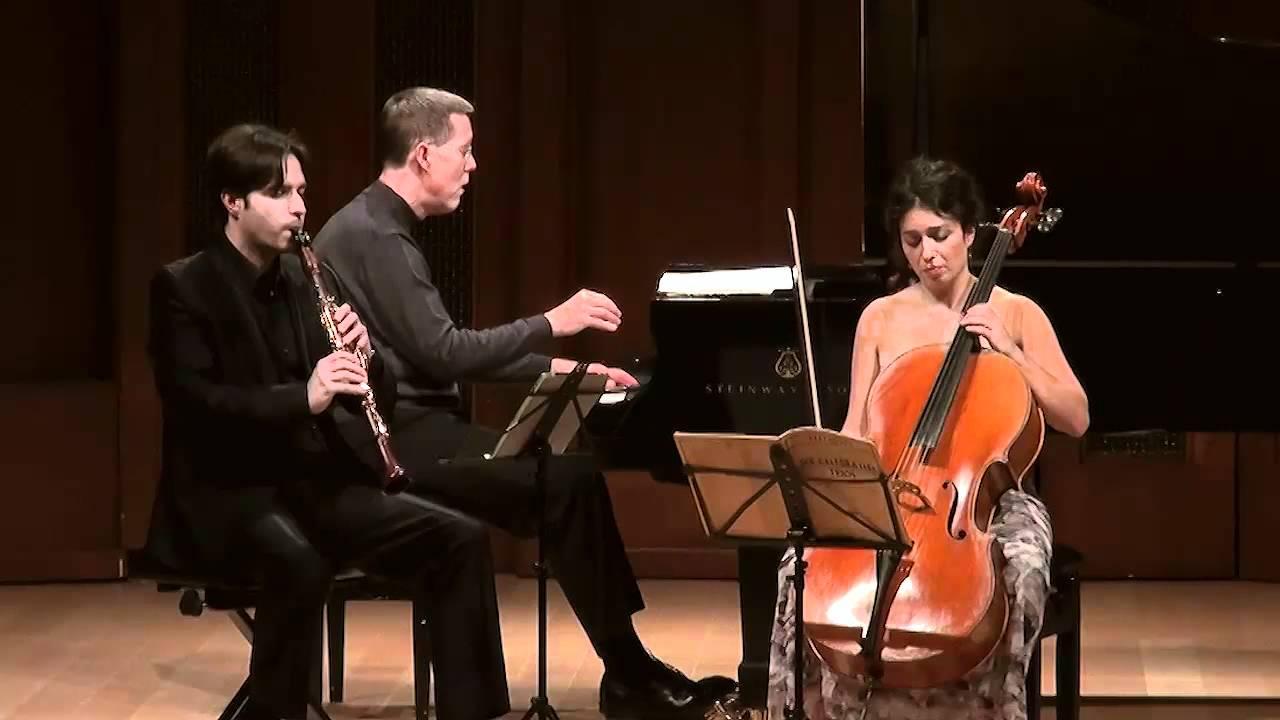
Warren Jones ’73, one of the world’s most sought-after collaborative pianists, frequently partners with today’s best-known artists. He received the 2011 Achievement Award from the Music Teachers National Association of America, their highest honor, and was also named Musical America’s 2010 Collaborative Pianist of the Year. He is principal pianist for the California-based chamber music group Camerata Pacifica. Mr. Jones has performed at the White House for state dinners in honor of the leaders of Canada, Russia, and Italy, and has also been invited by the Justices of the Supreme Court of the United States for three musical afternoons in the East Conference Room of the Court. His discography includes 31 recordings across every major label, and his newest musical ventures include conducting sold-out, critically acclaimed performances of Mascagni’s L’amico Fritz, Rossini’s Il barbiere di Siviglia, and Mozart’s Die Zauberflöte in recent years.
Highlights of your performance season? The highlights of my 2014-15 season include: my conducting debut at Houston Grand Opera in December 2014, where I led the world premiere of a new operatic version of A Christmas Carol, after the novella by Dickens, with music by Iain Bell and libretto/direction by Simon Callow; a master class at Carnegie Hall as part of the festival "The Song Continues," honoring Marilyn Horne (in which a current NEC student, Vincent Turrregano ’15 G.D., sang a Schubert song very beautifully!); teaching residencies at both the University of Toronto and Vanderbilt University in the Spring of 2015; an upcoming song recital at Carnegie Hall with Stephanie Blythe in May 2015; and my return to the Merola Opera Program at San Francisco Opera in July 2015 to conduct Donizetti's Don Pasquale.
How did NEC affect the way you think about and make music? I was always urged (in overt and covert ways!) to consider how the totality of my education came to bear on my performances at the keyboard and on my life in general. For example, my class in Schenker analysis with Ernst Oster asked me to consider music theory and analysis not for its own sake, but in the larger context of my own musical viewpoint and my own performance practice. My years with the NEC Chorus asked me to be musically and vocally sensitive to those around me, to open my ears and experience something greater than my own presence at the keyboard, and due to the particular turbulence in the USA at that time (think Vietnam!) surrounding matters of war and peace, I constantly had to examine my civic duty as a musician and I was asked to reflect on my role in a greater society than my own small world. It was eye-, ear-, (and most importantly) soul-opening.
What is your favorite NEC memory? My favorite memories of NEC almost all revolve around the experience of making music with others and of sharing musical expression and musical experiences with colleagues and the public. I believe that this type of experience, both in the studio/classroom with people like John Moriarty, Allen Rogers, Margaret Hoswell, Lorna Cooke de Varon, and Jacob Maxin (I could literally go on and on!) was crucial to my choice in life of collaboration at the keyboard (and lately, as a conductor), where I find the most gratification and most liberating experiences!
How did you feel the first time you performed on the Jordan Hall stage? I was actually not invited as a solo pianist on the stage at Jordan Hall until I was a senior at NEC. There was a concert in which the 24 Debussy Preludes were performed by 24 different pianists to honor one of our retiring faculty members, Howard Goding, who had played the Boston premiere of these pieces many years earlier. I was selected to play the second prelude in the second book, "Feuilles mortes,” and my few minutes on stage were some of the most magical moments I have ever experienced, partly because I was so well-prepared by my teacher, Jacob Maxin, and partly because of the wonderful audience that we had that night and their participation and concentration to hear this amazing music played in that incredible acoustic. A great time!
What is your greatest passion outside of music? This is a most difficult question to answer, because the older that I get, the more I recognize that music is in all things, at all times, whether present or imagined, concrete or abstract, mindful or subconscious. I teach at Manhattan School of Music and at the Music Academy of the West, and perhaps I could say that my greatest passion (and pleasure) is to see peoples' lives open up, in whatever way that occurs, whether by experiencing music, visual art, physical exercise, or whatever means brings them to a greater knowledge of their world. We all have to make our own discoveries at our own time, in our own ways – but any part that I can play to help that process along in those with whom I am interacting, mentoring, or teaching – that is very probably my greatest passion...

